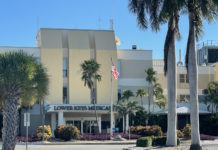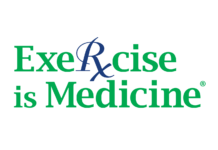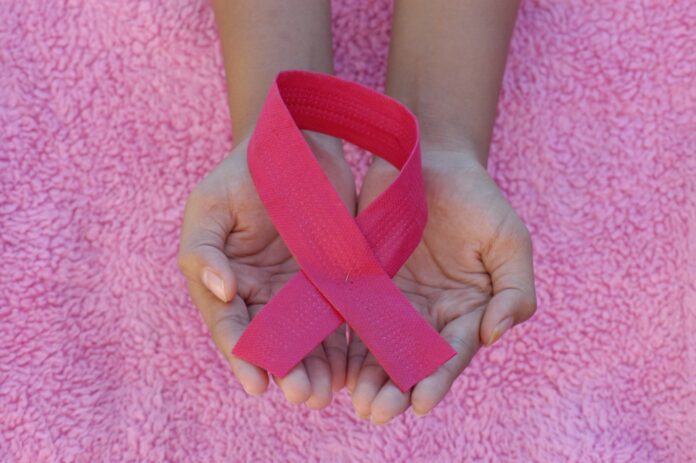October isn’t just a month of pumpkin spice and autumn foliage (when you grow up in Buffalo, these are synonymous); it’s a time dedicated to a cause that affects millions of lives worldwide: Breast Cancer Awareness Month. This annual observance aims to spread knowledge about breast cancer, highlight the importance of regular mammograms, provide updated breast cancer statistics for 2023 and educate individuals on self-breast examinations.
Why October?
Breast Cancer Awareness Month originated in the United States in 1985 and has become a global movement. October was selected for this significant campaign for several reasons:
- Timing: October marks the beginning of the holiday season, when people are often more inclined to engage in charitable activities and donate to organizations focused on cancer research and support.
- Favorable weather: In many parts of the world, October offers pleasant weather, facilitating outdoor events such as fundraising walks and runs that draw attention to breast cancer awareness.
- Education and support: The lead-up to October allows organizations and communities to prepare and organize educational programs, support initiatives and fundraising campaigns.
Yearly Mammograms: a Critical Component
Yearly mammograms are a cornerstone in the early detection and prevention of breast cancer. Mammograms can identify breast cancer at its earliest stages, often before symptoms become noticeable. This early detection significantly enhances the chances of successful treatment and survival.
Updated Breast Cancer Statistics for 2023
According to the American Cancer Society’s projection, in 2023, some 284,200 new cases of invasive breast cancer will be diagnosed in women in the United States.
In the same year, about 49,290 women are expected to lose their lives to breast cancer.
These statistics underscore the continued need for awareness, prevention and early detection efforts.
Mammograms are typically recommended annually for women aged 40 and older, as the risk of breast cancer increases with age. However, individual risk factors may influence the recommended frequency and starting age.
How to Perform a Self-Breast Exam
While mammograms are invaluable for breast cancer detection, self-breast exams empower individuals to become familiar with their bodies and notice any changes. Here is a step-by-step guide on how to perform a self-breast exam.
Choose a quiet space: Find a well-lit, quiet area where you can comfortably stand or sit in front of a mirror.
Visual inspection: Begin by visually examining your breasts in the mirror. Pay attention to any changes in size, shape or symmetry. Look for dimpling, puckering or skin abnormalities.
Arm positions: Raise your arms above your head and reexamine your breasts for any visual changes.
Fingertip examination: While standing or lying down, use your opposite hand to perform a tactile examination of each breast. Use the pads of your three middle fingers to feel for lumps, knots or any unusual masses. Perform this in a circular, overlapping pattern, ensuring you cover the entire breast.
Nipple check: Gently squeeze each nipple to check for discharge, changes in texture or inversion.
Repeat on both sides.
Seek professional evaluation: If you notice any abnormalities during your self-exam, such as a lump, nipple discharge, or skin changes, consult a health care professional promptly for further evaluation.
Breast Cancer Awareness Month in October serves as a potent reminder of the global battle against breast cancer. It urges individuals to stay vigilant about their breast health, emphasizes the significance of yearly mammograms, and provides tools like self-breast exams for early detection. By fostering awareness and education, we can collectively work toward reducing the impact of this prevalent disease, saving lives and improving outcomes.
References:
American Cancer Society. (2023). Breast Cancer Facts & Figures 2023-2024. https://www.cancer.org/content/dam/cancer-org/research/cancer-facts-and-statistics/breast-cancer-facts-and-figures/breast-cancer-facts-and-figures-2023-2024.pdf
American Cancer Society. (2021). Breast Cancer Awareness Month. https://www.cancer.org/cancer/breast-cancer/about/october-is-breast-cancer-awareness-month.htmlMayo Clinic. (2020). Breast self-exam for breast awareness. https://www.mayoclinic.org/tests-procedures/breast-exam/about/pac-20393237




















